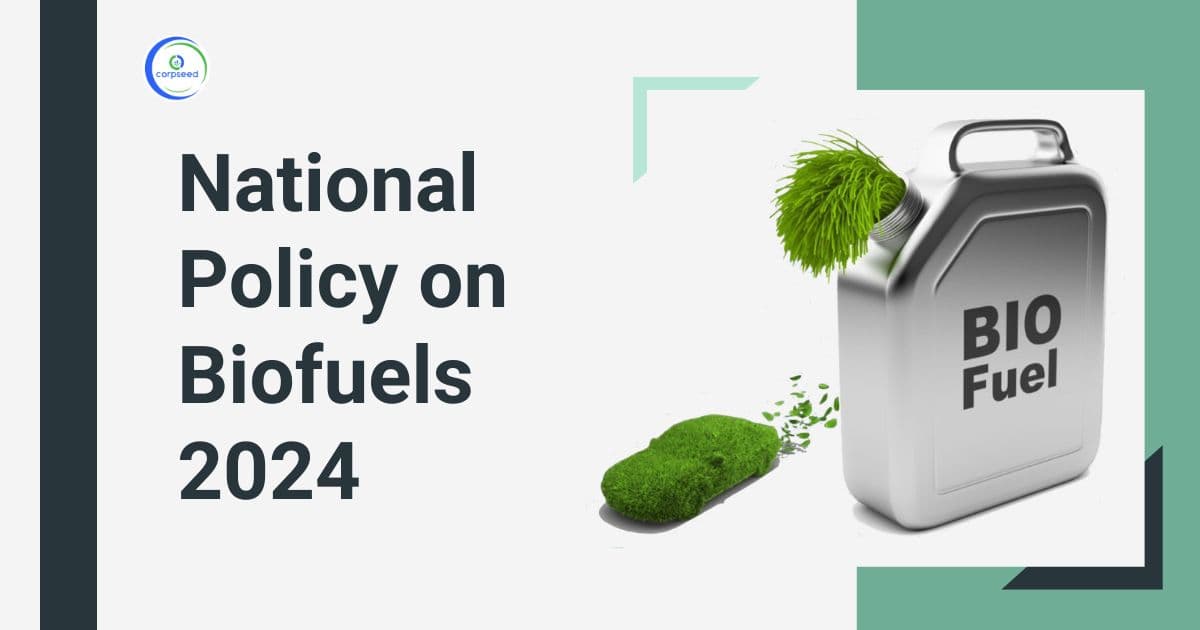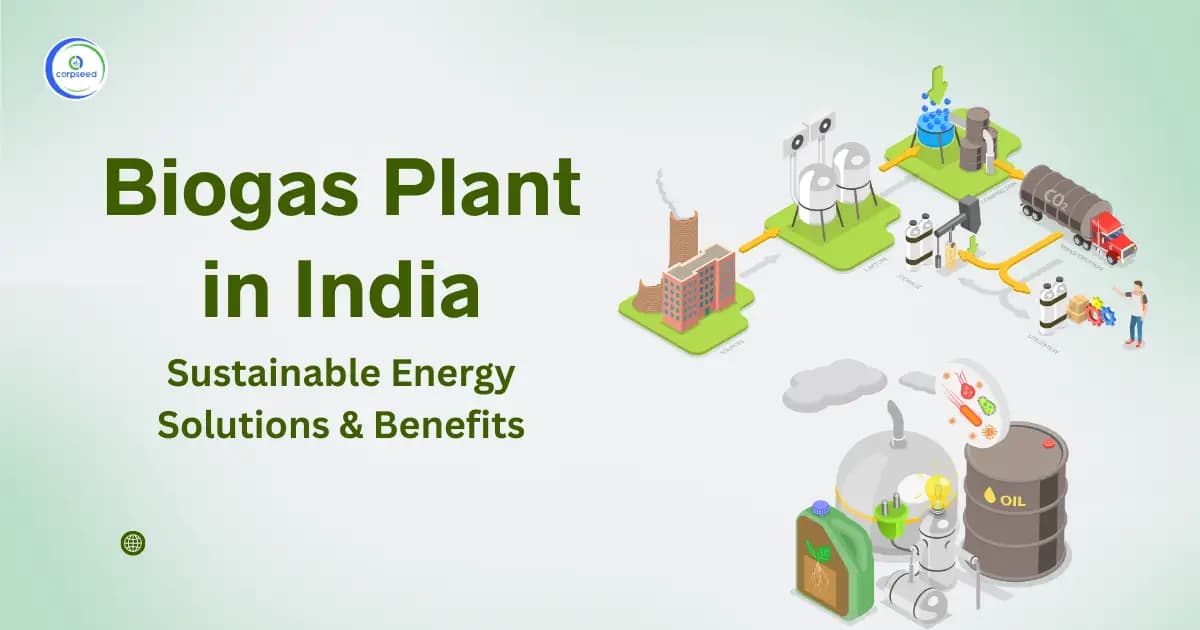
Loading...

The arrangement intends to decrease oil imports by advancing homegrown fuel creation. To dive into its intricacies, we ought to know why the 'National Policy on Biofuels 2024' was brought into force.
About the Author

A content writer with a degree in B.A LL.B. (Hons.) and LL.M. (Constitutional and Administrative Law) from NLIU, Bhopal. Apart from content writing, she is an avid reader, poet, and painter.
Related articles

Biogas Plant in India: Sustainable Energy Solutions & Benefits
2026-01-10

Nuclear Energy Waste Management in India
2025-12-26

Uttar Pradesh Issues New Rules for Captive and Renewable Energy Generating Plants
2025-11-01

Opportunity to Set Up CNG Stations with GAIL Gas Limited under DODO Model
2025-09-30
.webp&w=1536&q=75)
India’s Biomass Energy Industry Growth: Key Drivers, Challenges & Advancements
2025-09-01

How to Set Up a Profitable Bio Energy Plant in India
2025-08-29